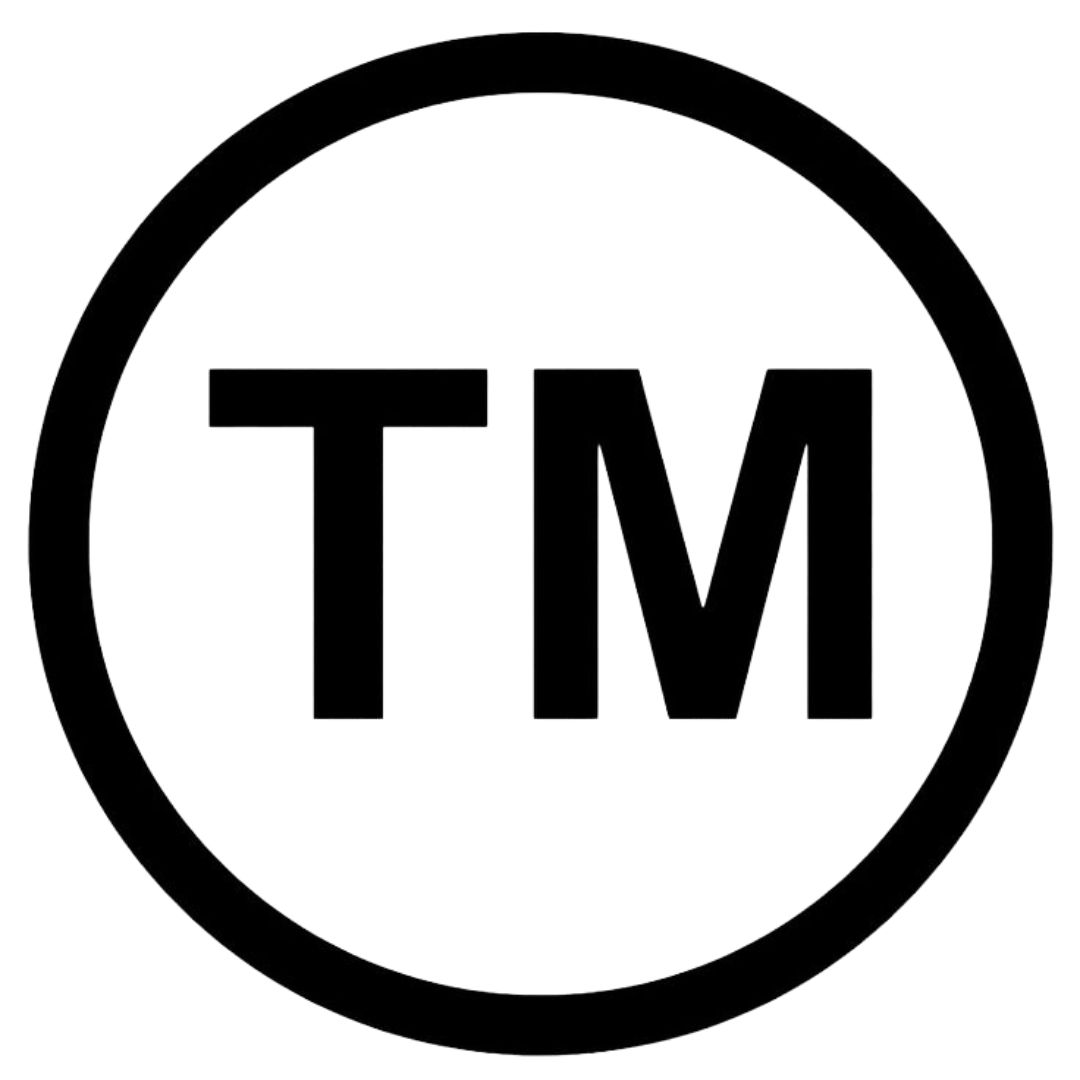Trademark Registration
A trademark is a symbol, word, or design that identifies and distinguishes goods or services. It grants legal protection, preventing unauthorized use and safeguarding brand identity and reputation.
What is a Trademark?

Why Should You Register Your Trademark?
Trademark registration in India protects your rights to use the mark in association with your goods or services. It offers a robust shield against infringement, empowering you to take legal action against unauthorized trademark use. Upon successful trademark or brand name registration, your trademark remains valid for ten years from the filing date, with the option to renew it indefinitely.
Who can Apply for Trademark Registration Online?
- Individuals
- Joint owners of a company
- Proprietorship firms
- Partnership firms (with a maximum of ten partners)
- Limited Liability Partnerships (LLPs)
- Indian companies
- Foreign companies
- Trusts
- Societies
Types of Trademark Registrations in India
In India, various trademark registrations or brand name registrations cater to different needs and purposes, all aimed at enabling consumers to recognize products and services associated with specific manufacturers or service providers. Here, we delve into the distinct categories of trademark registrations available:
Product Mark
Service Mark
Collective Mark
Certification Mark
Shape Mark
Pattern Mark
Sound Mark
Sound marks are distinctive sounds associated with products or services from suppliers. Sound logos, often known as audio mnemonics, are commonly heard at the beginning or end of commercials. An example in India is the IPL tune.
These diverse categories of trademark registrations like logo trademark registration offer businesses and entities the flexibility to protect their brand identity following their unique offerings and market presence.
Choosing the Correct Trademark Class
Trademark classes are a critical aspect of the registration process, as they categorize goods and services into 45 distinct classes. The careful selection of the appropriate class is paramount because it determines the validity of your trademark registration online concerning your business’s products or services. If your company operates across various areas falling into different classes, it’s crucial to ensure that you apply for a trademark under all the relevant classes.
In India, some commonly chosen trademark classes include:
- Class 9: Encompassing computer software and electronics
- Class 25: Covering clothing
- Class 35: About business management and advertising
- Class 41: Related to education and entertainment

Required Documents & Details for Online Trademark Registration
- Applicant's Name:
- Business Type
- Business Objectives:
- Brand/Logo/Slogan Name:
- Registration Address:
- PAN card
- GST certificate
- Incorporation certificate
- Partnership deed
- LLP deed
- Trust deed
Trademark | Patent | Copyright | |
What’s protected | Any word, phrase, symbol or design that recognizes and differentiates the source of one party's goods from those of another. | Inventions, such as procedure, manufacturer, composition, machines of matter as well as improvements to these. | Books, articles, music, photography, sculptures, dances, sound recordings, motion films and other original works of authorship. |
Requirements for protection | A mark must be distinguishable, in the sense that it must be able to identify the source of a certain good. | A fresh, valuable, and unusual invention is required. | A work must be unique, original, and created in a tangible manner. |
Term of protection | As long as the mark is used in commerce. | 20 years | Author’s life span+ 70 years. |
Rights Granted | Right to use the mark and to prohibit others from using identical marks in a way that could create confusion about the goods or services' origin. | Right to restrict others from manufacturing, selling, or importing the patented invention. | Copyrighted works have the power to dictate their reproduction, creative works, circulation, public performance, and display. |
Frequently Asked Questions
A trademark is a symbol, word, or phrase legally registered or established by use as representing a company or product.
Registering a trademark provides legal protection against unauthorized use, helps build brand recognition, and establishes ownership rights.
The trademark registration process typically takes around 6 to 12 months, depending on the jurisdiction and any potential objections or oppositions.
Trademarks can include logos, brand names, slogans, symbols, and even unique packaging shapes or sounds associated with a product or service.
Once registered, a trademark is typically valid for 10 years and can be renewed indefinitely as long as it is in use.
The steps include conducting a trademark search, filing an application, examination by the trademark office, publication in the trademark journal, and finally, registration if there are no objections.
